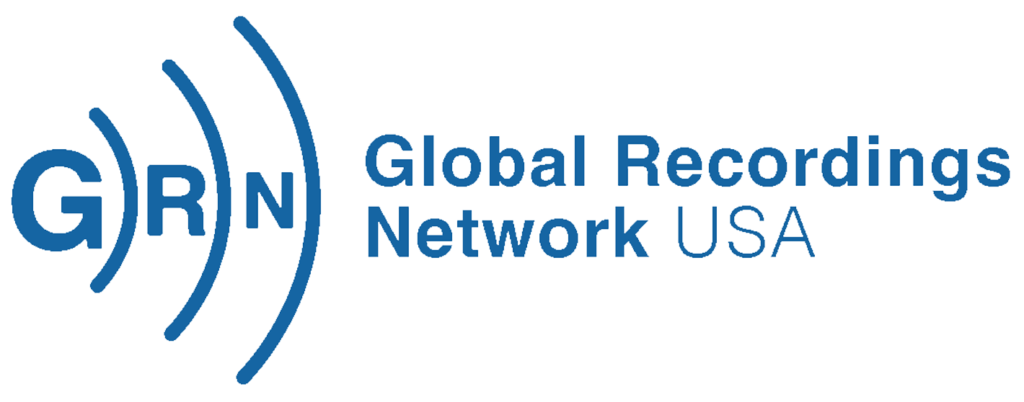It Takes a Team to Make Recordings
Recordists are the heart of making gospel recordings. Some are a “jack of all trades” who handle everything from scripts to digital recorders to partnering with local Christians. Others have specialized roles within a team and work with partners. These are some of those who are helping tell the story of Jesus in every language:
Language Researchers identify language groups, plot exactly where these groups live, determine their familiarity with Christianity, what other missions have done to reach them, and which people groups need our recordings.
Translators help by taking scripts written in English, Spanish, Hindi, Swahili or other major languages and translating them into smaller tribal languages if it is a written language.
Missionaries in the field may request recordists, help them understand the cultural and linguistic nuances, develop scripts, find speakers and places to record, and then use the recordings in their own ministry.
Local Guides lead recordists to the right people group. Travel can vary from rough roads and hiking trails to canoeing by river or flying in small airplanes to remote places.
Speakers from the language group narrate as recordists record. If it is a written language, speakers often read from scripts, but if a language hasn’t been put to writing, this is done verbally, line by line, with several bilingual speakers.
GRN staff duplicate recordings on various kinds of media or upload them onto the internet. They distribute recordings and booklets, and supply and repair equipment.
Churches and individual supporters pray for recordists and their partners and give liberally to the work of recordists and GRN offices.
Neighboring Christians and missionaries are key in doing outreach and using the recorded gospel messages to spread the gospel in that particular group of people.
Recording is the core of the process, but the body of Christ works as a team to make disciples of all tribes and tongues.
Read more stories: 2019 Winter Edition of GR Magazine.
